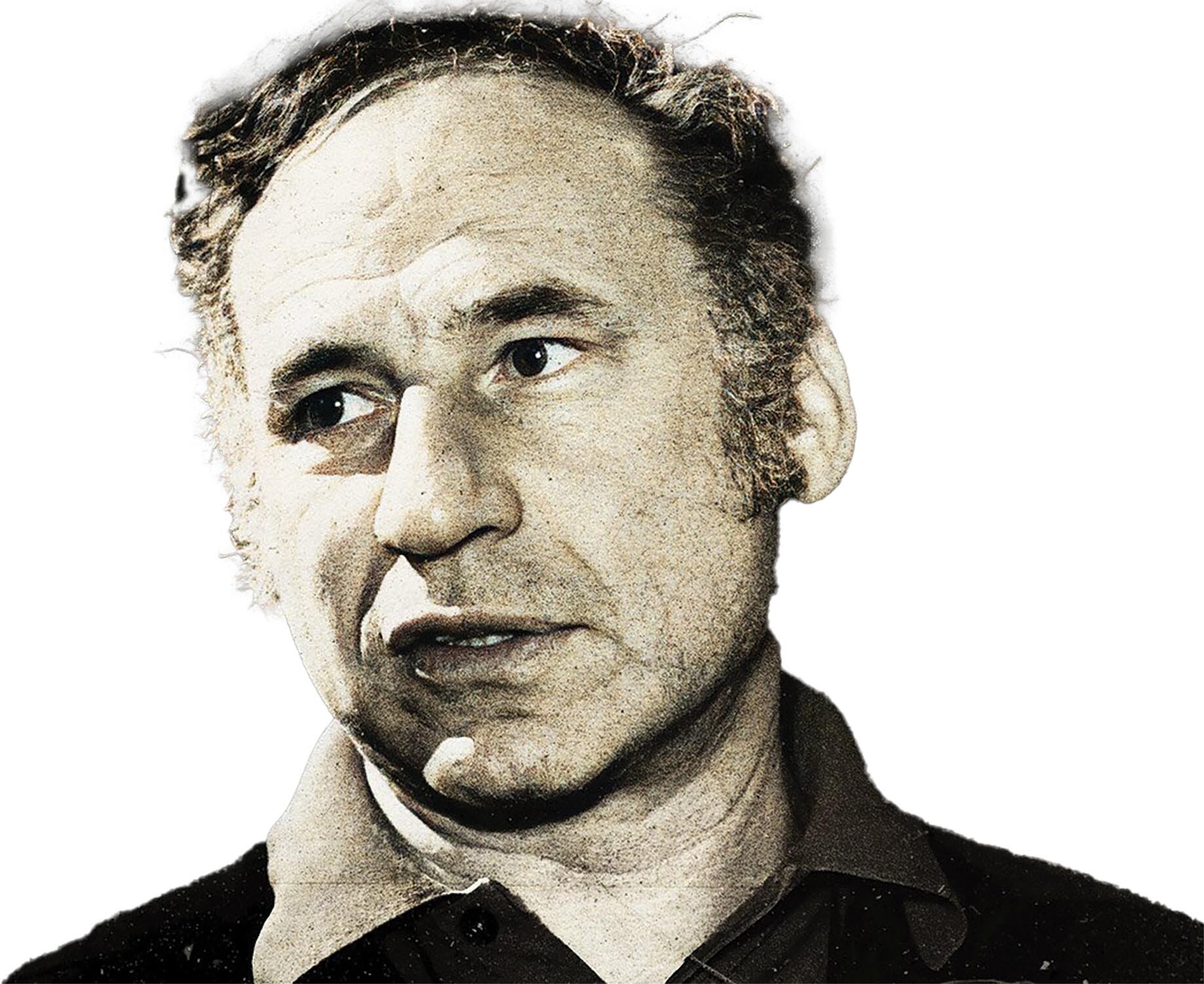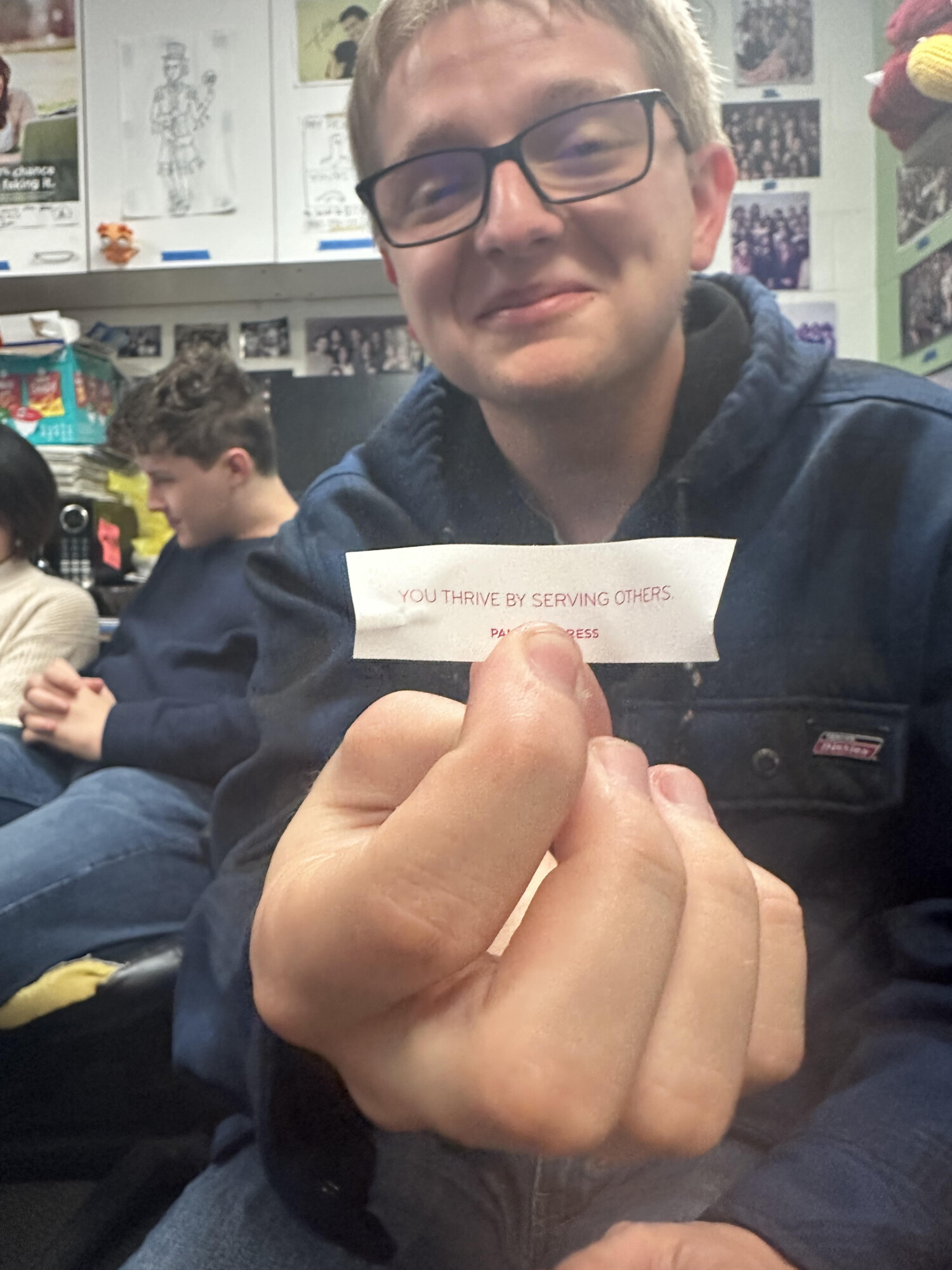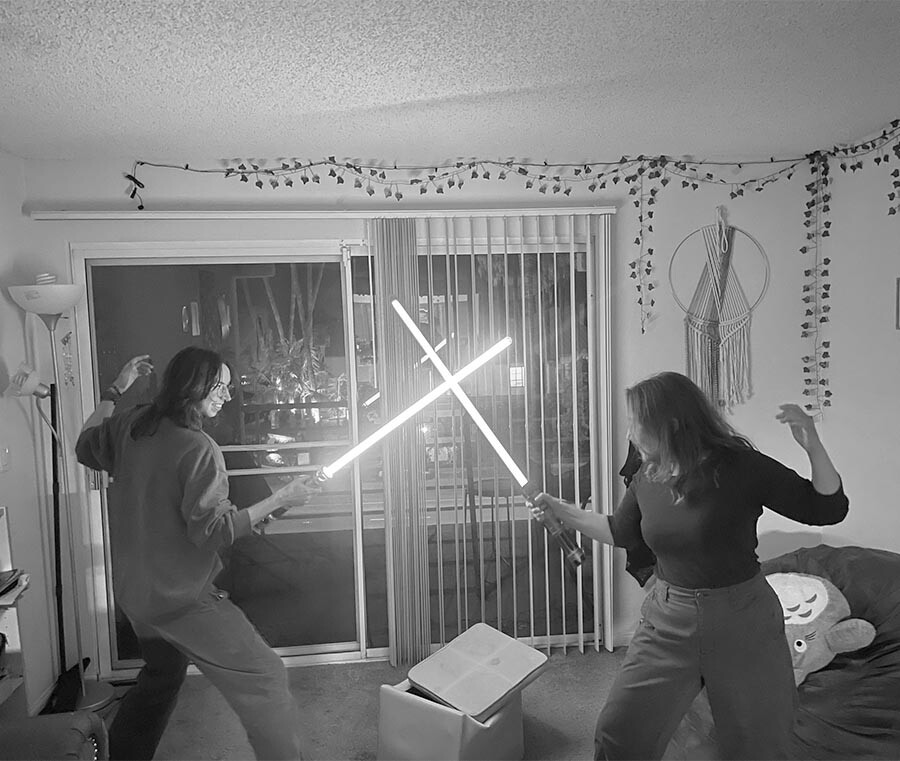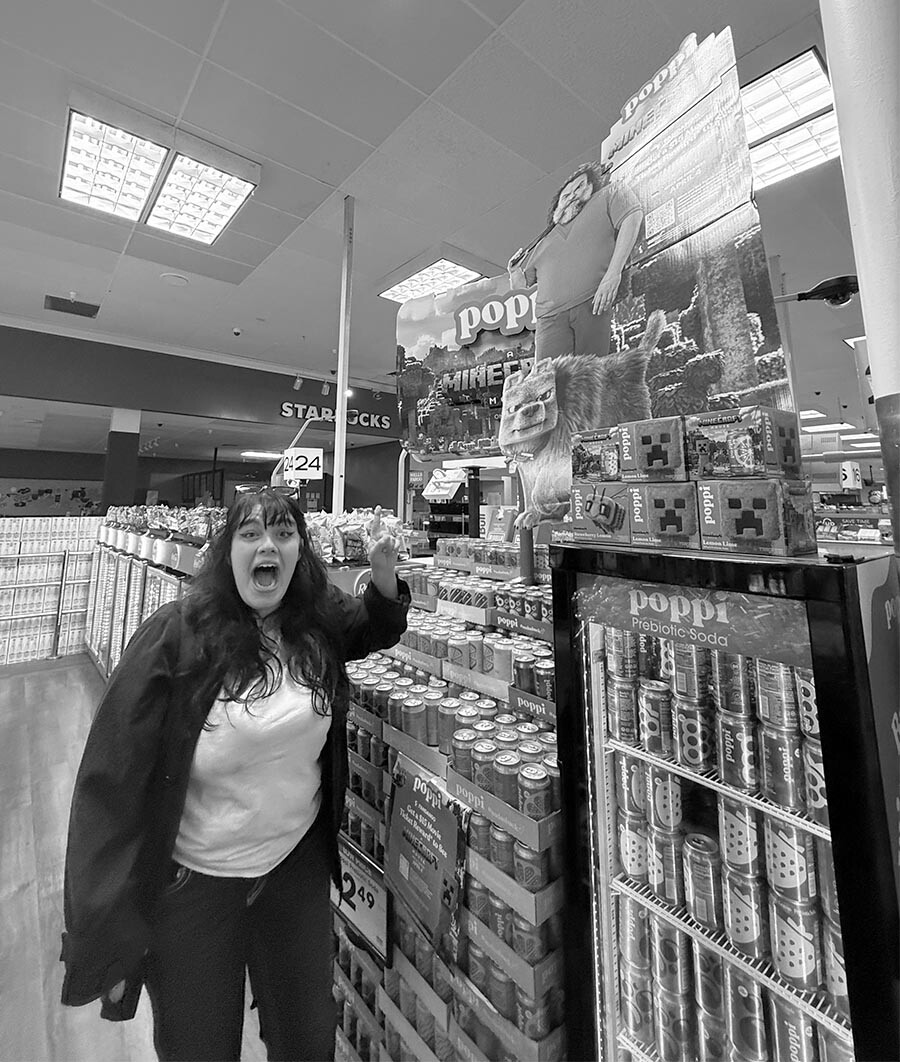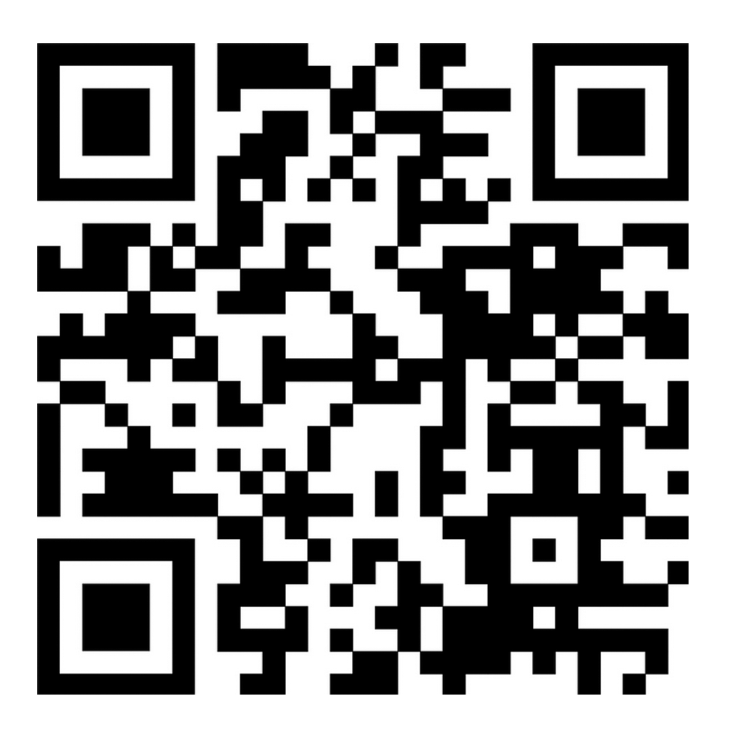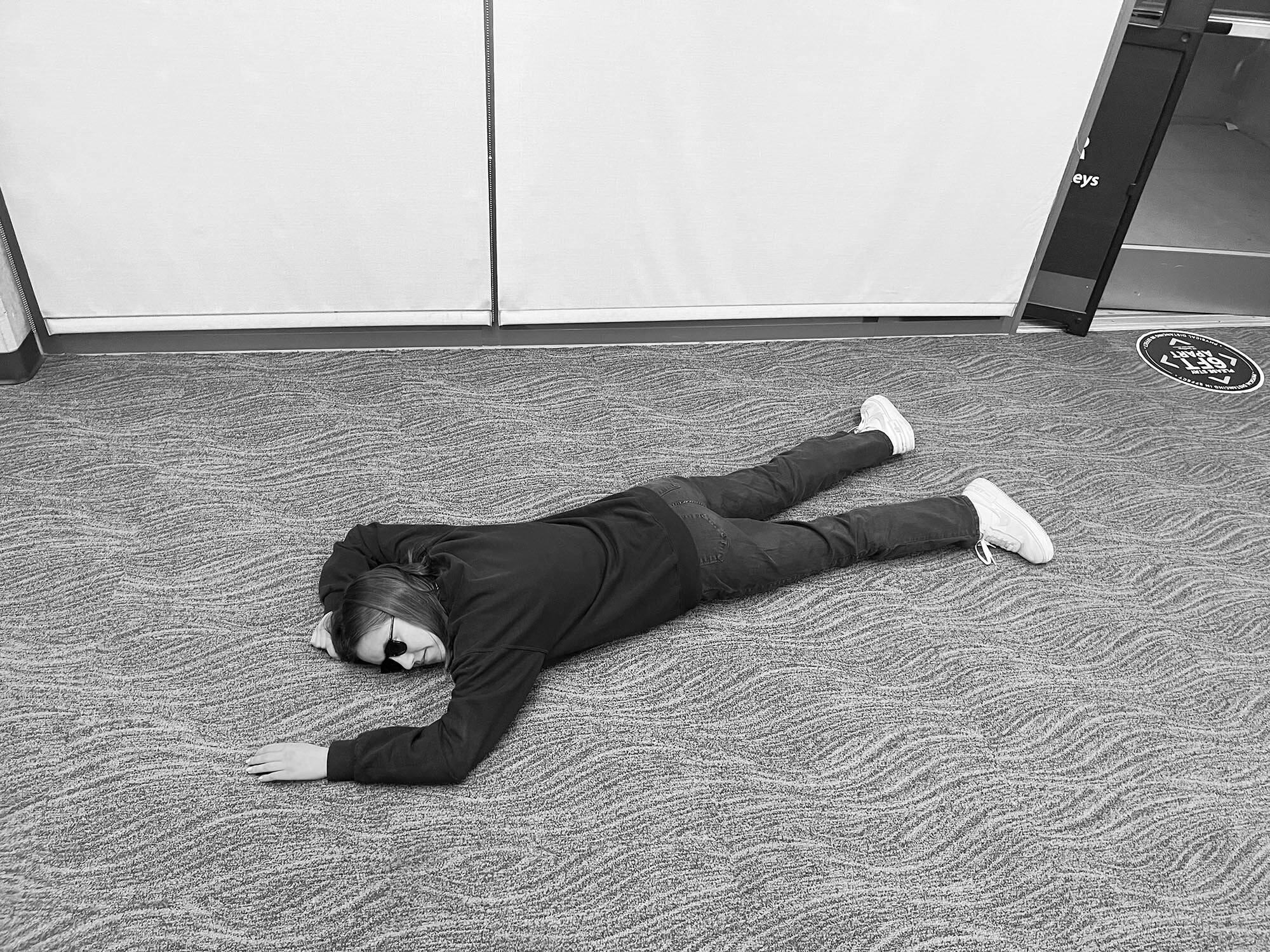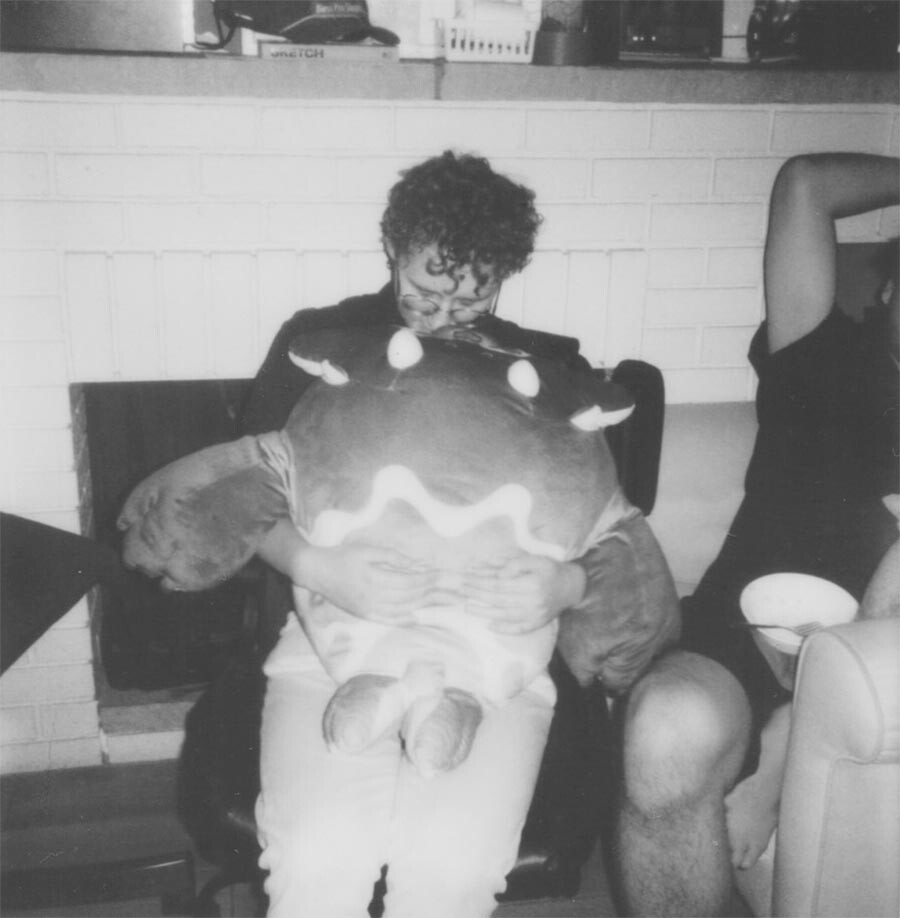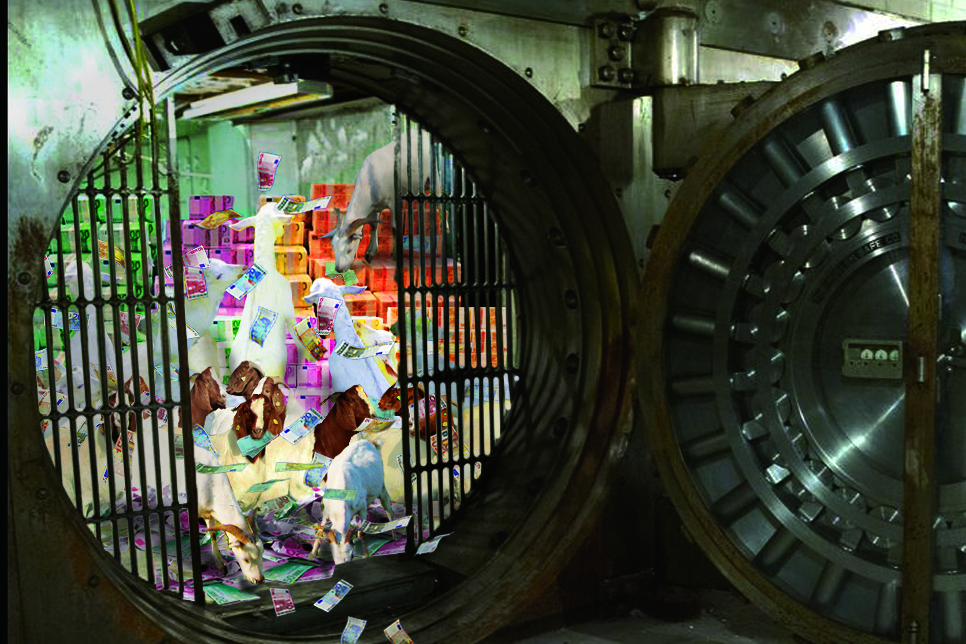
Photo by: Katherine Wood
In order to escape economic hardship, Greece has decided to move away from conventional currencies by implementing a new monetary exchange system last Thursday. Greek officials have reported the transition was relatively smooth, partially because they chose such a plentiful main currency. As government spokesperson Gabriel Sakellaridis explained, “Well, Greece already had enough goats around to change to the new system practically overnight, so that seemed like the most logical option.”
The change has not been easy for Greece’s economic institutions. Due to the size difference between a euro and a large, healthy, billy goat, many of the country’s banks have undergone rapid construction in order to house the several thousand goats.
“Safety deposit boxes are ultimately useless now,” according to a bank manager. “I mean you could probably fit a goat inside one if you really tried, but generally speaking, that’s a high risk, low reward strategy.” Many banks have been able to lower costs by feeding the goats with the old scraps of paper that they used to store.
This new goat-centric economy has caused both troubles and opportunities for the rest of Greece’s businesses. Most of the country’s landscaping infrastructure has collapsed, as there are not many plants left that haven’t been eaten by the new currency. Conversely, Greece’s fencing industry has exploded, as every household in the country needs several hundred feet of fencing to properly house and feed their goats.
A press release by the Economic and Social Council of Greece details some of the problems the country’s economists have faced recently. “It has been difficult to determine exactly how much a goat is worth. A goat in its prime, for example, may fetch several loaves of bread and the hand of my youngest daughter, while a goat that’s been already used for several transactions and may be missing several limbs could only be enough for a few old bagels and the hand of my older, less fertile daughter,” said George Papadopulos, a spokesman for the council. “Ultimately, we’re working on the honor system now.”
Businesses are not the only ones bothered by the new economy; the general population has some reservations about this new system as well. “I tried to buy an Xbox off a guy on CraigsAcropolist, but he wanted a quarter of a goat and I only had a full goat. I had to walk back to my town and talk to our butcher, Stavros, who was able to carve up my goat into smaller, more manageable goat parts,” said local woman Jamie Nikas. “Now I have to figure out what I can spend three-fourths of a goat on before it starts to decay in my money pen. It’s so inconvenient.”
Due to the many hardships faced by the population, the economic council has drafted a new policy. According to a spokesman, “In this proposed system, each goat is represented by a simple piece of paper and those pieces of paper are traded around. In order to keep track of the physical goats, our plan is to herd them all into a central facility monitored by a government agency. That way all the public has to do is trade these papers around to each other.”
“All in all it seems like a much better system, and really it’s surprising that no one has considered doing this before.”

